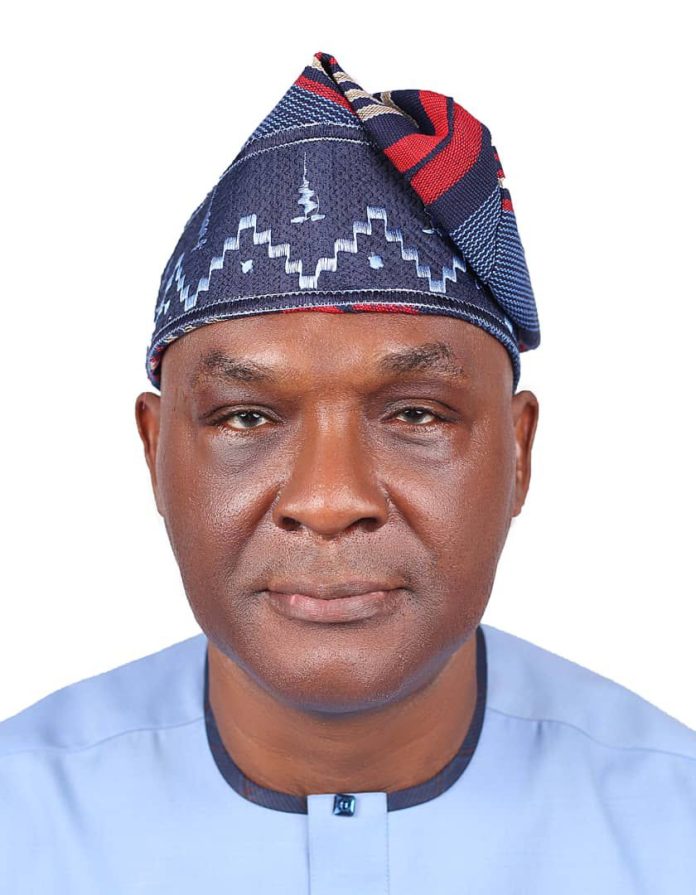By Fred Femi Akinfala,
In a country as diverse and complex as Nigeria, issues of inequality, access, and opportunity have long been at the forefront of the national discourse. Education, in particular, has been identified as a critical pathway to social mobility and economic empowerment, yet barriers to quality education have persisted, disproportionately impacting marginalized communities. Establishing the Nigeria Education Loan Fund (NELFUND) represents a significant step towards addressing this challenge and promoting greater social justice within the Nigerian education system.
The NELFUND, launched in 2024, is a government-backed initiative to provide affordable and accessible education financing to students from low-income backgrounds. By offering interest-free loans and flexible repayment terms, the program seeks to remove the financial obstacles that have historically prevented many Nigerians from pursuing higher education. This is a crucial intervention, as the high costs of tuition, fees, and living expenses have long been a significant deterrent for students from disadvantaged communities, effectively denying them the opportunity to unlock the transformative potential of education.
The social justice implications of the NELFUND are multi-faceted. First and foremost, the program directly addresses the issue of educational inequality, ensuring that talented and deserving students from marginalized communities are not denied the chance to fulfil their academic and professional aspirations due to their socioeconomic status. By levelling the playing field and providing equal access to educational financing, the NELF empowers these students to pursue their dreams and contribute to the nation’s collective progress.
Moreover, the NELFUND focus on low-income people aligns with the broader goal of reducing poverty and promoting inclusive economic development. Education, as a powerful driver of social mobility, can break the cycle of intergenerational poverty by equipping individuals with the knowledge, skills, and credentials necessary to secure well-paying jobs and create economic stability for themselves and their families. As more students from disadvantaged backgrounds access higher education through the NELFUND they will be better positioned to contribute to the growth and diversification of Nigeria’s economy, ultimately benefiting society as a whole.
Beyond its direct impact on educational and economic outcomes, the NELFUND also catalyses social justice by challenging deeply ingrained societal biases and power structures. By prioritizing the needs of marginalized groups, the program sends a powerful message about the government’s commitment to equity and social inclusion, signalling a shift away from the historical marginalization of specific communities. This, in turn, can help to foster a more just and inclusive social fabric, where opportunities are distributed more fairly, and the voices of the traditionally underrepresented are elevated.
Of course, the success of the NELFUND in realizing its social justice objectives will depend on its practical implementation, robust monitoring and evaluation, and the government’s continued political will to sustain and expand the program. However, the mere existence of such an initiative represents a significant step forward in Nigeria’s journey towards a more equitable and just society where the transformative power of education is accessible to all.
In conclusion, the Nigeria Education Loan Fund stands as a critical intervention in the pursuit of social justice in Nigeria. By addressing the financial barriers to higher education, empowering marginalized people, and fostering inclusive economic development, the NELFUND has the potential to catalyze a more just and equitable future for the country. As Nigeria grapples with the complex challenges of growth and nation-building, initiatives like the NELFUND offer a beacon of hope, demonstrating the transformative power of education in driving social progress.
Fred Femi Akinfala, PhD. Executive Director, Finance and Administration. NELFUND




